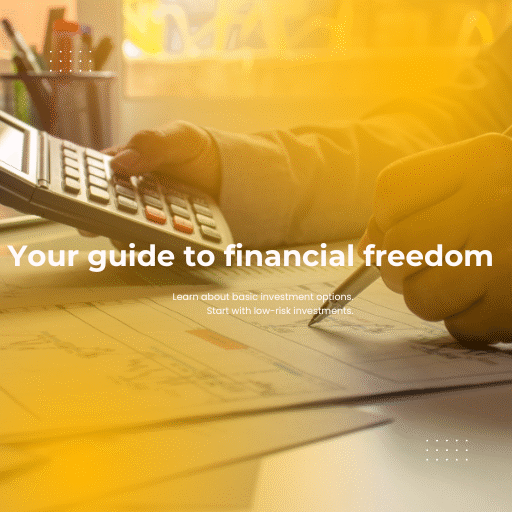Credit cards are a common financial tool that many people use in their daily lives. However, using credit cards responsibly is crucial to avoid falling into debt and financial trouble. In 2025, as technology continues to advance, it is more important than ever to understand how to use credit cards wisely. Here are some tips to help you use credit cards responsibly in 2025:
1. Pay your balance in full each month to avoid accruing interest charges. By paying off your balance on time, you can avoid paying additional fees and keep your credit in good standing.
2. Set a budget for your credit card spending and stick to it. Avoid overspending beyond your means by tracking your expenses and staying within your budget limits.
3. Monitor your credit card statements regularly to check for any unauthorized charges or errors. Reporting any discrepancies promptly can help protect your finances and credit score.
4. Avoid using your credit card for cash advances, as the fees and interest rates are typically higher than regular purchases. Use cash or a debit card for cash transactions instead.
5. Be cautious of credit card rewards programs that may encourage unnecessary spending. Evaluate whether the rewards are worth the potential debt before making purchases.
6. Avoid maxing out your credit card limit, as it can negatively impact your credit score and increase the risk of overspending. Keeping your credit utilization ratio low is key to maintaining good credit health.
7. Understand the terms and conditions of your credit card agreement, including interest rates, fees, and payment due dates. Being aware of these details can help you make informed financial decisions.
8. Use credit cards for necessary purchases and emergencies, rather than for luxury items or impulse buys. Prioritize needs over wants to avoid unnecessary debt.
9. Consider setting up automatic payments for your credit card bill to ensure timely payments and avoid late fees. Automating your payments can help you stay organized and on top of your finances.
10. Keep track of your credit score regularly to monitor your financial health and identify any areas for improvement. A good credit score can open doors to better financial opportunities in the future.
11. Avoid applying for multiple credit cards within a short period, as it can lower your credit score and indicate financial instability. Be selective in choosing the right credit cards that suit your needs.
12. Communicate with your credit card issuer if you encounter any financial difficulties or unexpected circumstances that may impact your ability to make payments. They may offer solutions to help you manage your debt responsibly.
13. Be mindful of your spending habits and be disciplined in using credit cards responsibly. Practice self-control and avoid impulse purchases to maintain financial stability.
14. Seek financial advice from professionals or credit counseling services if you need assistance in managing your credit card debt or improving your financial situation. Taking proactive steps towards financial literacy can empower you to make better financial decisions in the long run.
Using credit cards responsibly in 2025 requires diligence, discipline, and financial awareness. By following these tips and staying informed about your financial situation, you can navigate the world of credit cards confidently and responsibly. Remember, financial responsibility starts with you.

